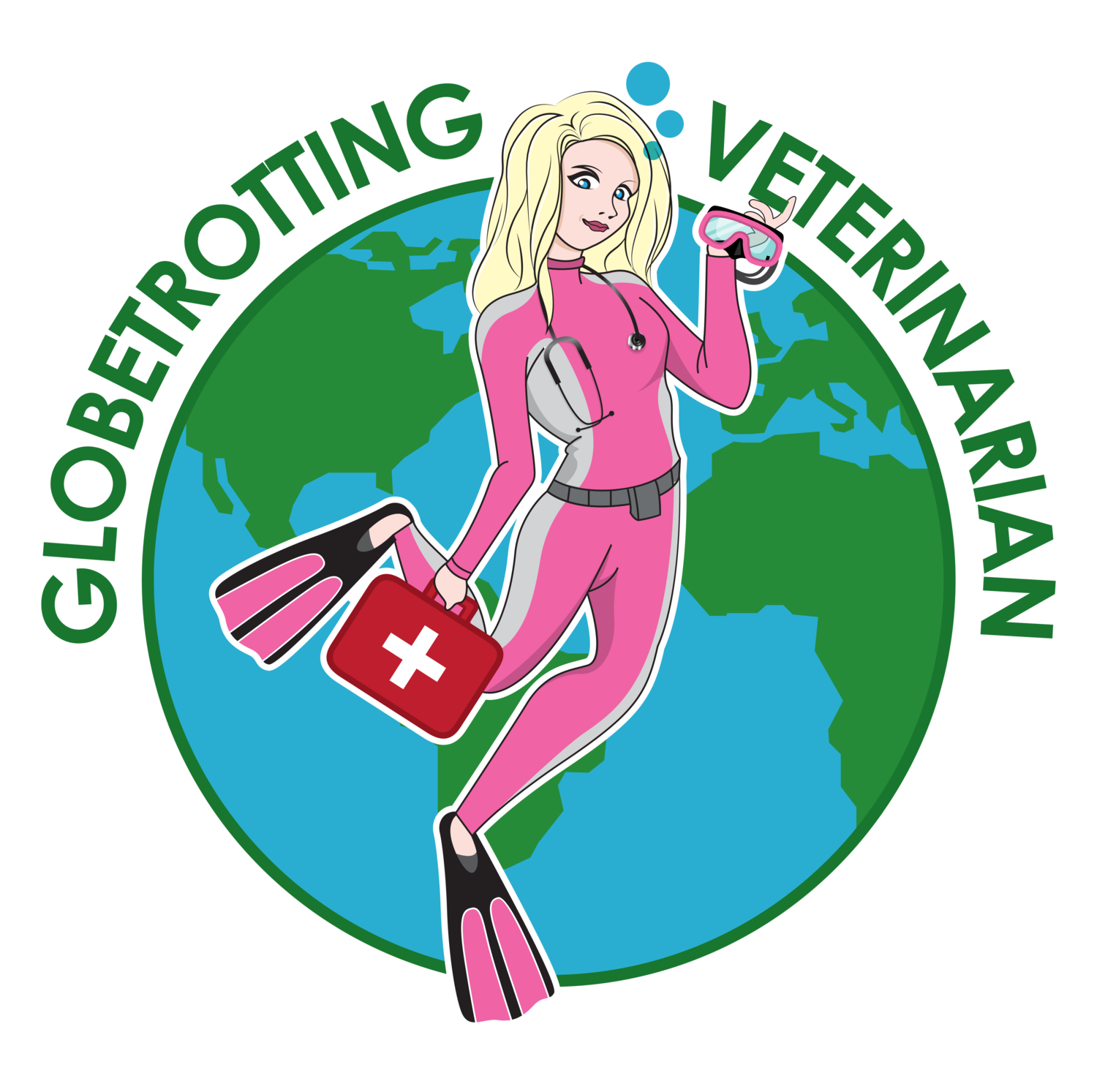The Fernan-Vaz Gorilla Project
In 2008, I had the opportunity to travel to Africa and visit my best friend and colleague from veterinary college, Dr. Nicholas Bachand. Since 2006, Dr. Bachand has worked as the sole veterinarian, co-director, and advisor for the the Fernan-Vaz Gorilla Project (FVGP), or Projet Gorille Fernan-Vaz (PGFV) in French, Gabon’s official language. FVGP is a non-governmental association based in the Fernan-Vaz lagoon, lying north of Loango National Park in Gabon.
FVGP aims to promote awareness on the illegal bushmeat and great-ape pet trades, which in addition to habitat loss and emerging diseases, are threatening the survival of great-ape populations worldwide. The Western Lowland Gorilla is a victim of the bushmeat trade. Bushmeat is the term given to gorilla meat that has been illegally hunted by poachers, often to be served at ceremonial and governmental events, or sold for exorbitant prices in local markets. Juvenile gorillas are dependent on their parents for up to 10 years, and just like children depend on their parents for food and survival skills; so when an adult gorilla is illegally murdered for its meat, often an entire family decimates as a result.
In 2001, the FVGP was started when a family of gorillas was transferred from the Centre International de Recherches Médicales de Franceville (CIRMF) onto the island of Evengué-Ezango. While the initial goal of the project was to release these gorillas from enclosures in a laboratory setting back into the wild, offering them a chance to roam freely in their natural environment, it was apparent their life history of captivity and habituation to humans, did not ensure them the skills required for survival. These gorillas were instead transferred to a forested enclosure in a natural setting, to live the rest of their lives free, happy, and playful in what became the Gorilla Sanctuary. The Sanctuary gorillas serve an important role as conservation ambassadors. Through education and responsible low-impact tourism, the FVGP aims to raise global awareness on the the on-going bush meat crisis that is leading to the disappearance of all great ape species in the wild.
The project furthered its goals by then seizing victim orphaned gorillas and keeping them isolated from only a few humans, which serve as guardians ensuring their livelihood. The orphans grow together in a protected natural enclosure where they learn how to forage for food, climb trees, build nests, and become self-sufficient. Once they have shown project staff and veterinarian Dr. Nicholas Bachand that they are equipped to live alone in the wild, they are released onto a private island as a pre-step to releasing them back to the wild. This final step allows the staff at FVGP to ensure their continued growth and skills prior to their final release, with which the goal is to conserve and restore the Western Lowland Gorilla population back to healthy numbers.
Our ultimate goal is to contribute to the protection and conservation of wild great-apes and their forest habitat, respectively.



